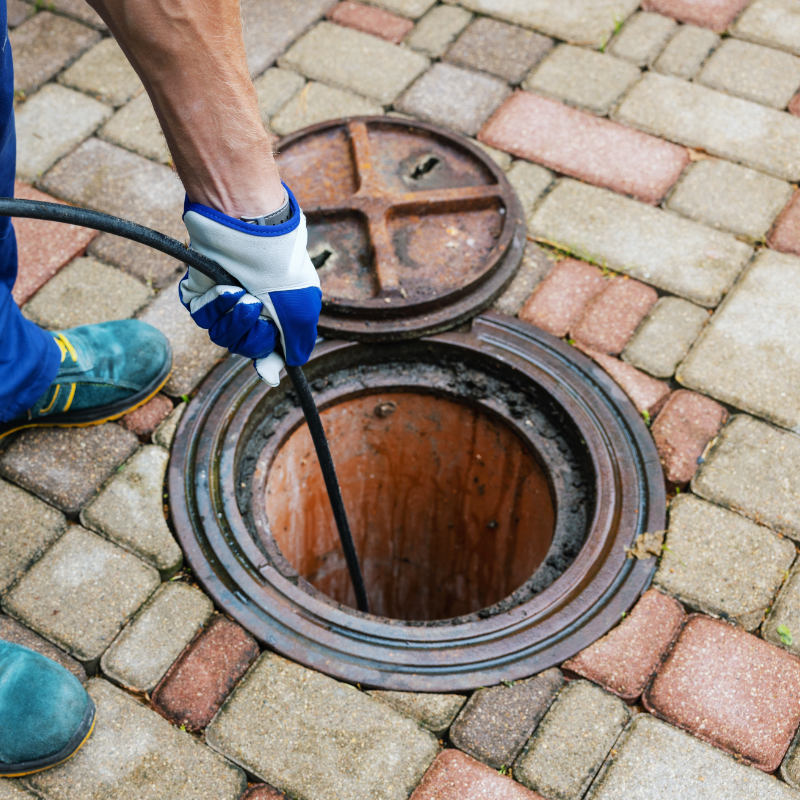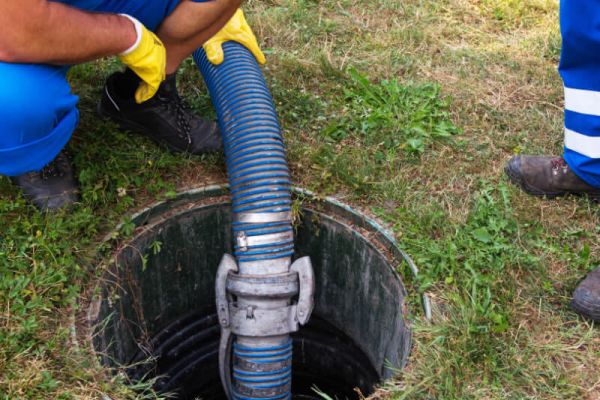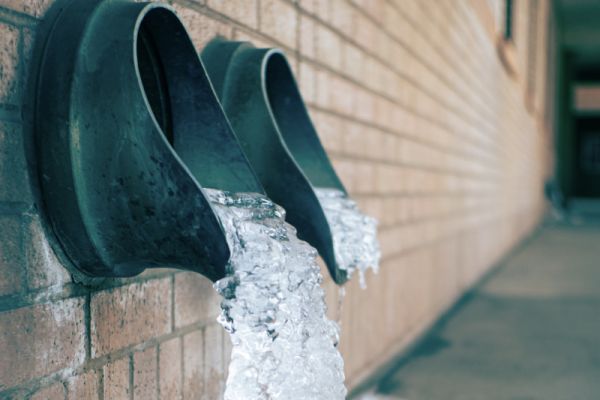In this article
Wet Wipes Blocking Your Drains? Here’s How to Prevent It
The convenience of modern life often comes with hidden drawbacks. Wet wipes, baby wipes, and other hygiene products, often marketed as "flushable," seem like an easy solution for cleanliness. However, beneath the surface of our homes, a silent battle is being waged within our drainage systems. The truth is, these products are far from harmless to our pipes.
Unlike traditional toilet paper, which is designed to break down rapidly in water, wet wipes retain their structural integrity for extended periods. This simple difference leads to a cascade of problems. Over time, these resilient wipes accumulate, becoming entangled with grease, hair, food remnants, and other debris, forming stubborn blockages. These obstructions manifest as slow-draining sinks and toilets, unpleasant odours, and, in severe cases, sewage backups that can flood homes and gardens.
The Mechanics of Blockages: Why Wet Wipes Are the Culprits
Even when a wet wipe seemingly vanishes down the toilet bowl, its journey is far from over. The majority of wet wipes are made from synthetic fibres, often a mix of plastics and cellulose, which are inherently resistant to biodegradation. Instead of breaking down, these fibres act like a net, capturing other materials within the pipes. This amalgamation forms solid, impenetrable masses that drastically restrict water flow, leading to a host of problems:
- Insidiously Slow-Draining Sinks and Toilets: The gradual accumulation of debris impedes water flow, resulting in noticeable delays in drainage.
- Offensive Odours Emanating from Drains: Trapped organic matter decomposes, releasing foul-smelling gases that permeate the surrounding environment.
- Sewage Backups into Homes and Gardens: In severe cases, complete blockages can force sewage to reverse its flow, inundating properties with contaminated water.
- Emergency Drain Unblocking Costs: Addressing severe blockages often necessitates professional intervention, incurring preventable expenses.
- Environmental Degradation: The flow of these wipes into sewage systems impacts wildlife and pollutes rivers and seas, contributing to a wider environmental problem.
Beyond individual households, sewer systems across the UK are struggling with the growing issue of “fatbergs”—massive conglomerates of congealed waste, primarily composed of wet wipes and solidified grease. These monstrous blockages wreak havoc on local drainage networks, causing significant disruption and requiring extensive, unnecessary removal operations.

Proactive Measures to Protect Your Drains
- Eliminate Wet Wipe Flushing – Even Those Labelled “Flushable”: The most effective preventative measure is to abstain from flushing wet wipes altogether. Regardless of marketing claims, the safest course of action is to dispose of them in a bin dedicated to non-recyclable waste.
- Implement Drain Guards: Simple, inexpensive mesh drain guards placed in sinks and showers serve as crucial barriers, trapping hair, food particles, and other debris before they enter the drainage system, significantly mitigating the risk of blockages.
- Establish a Regular Drain Maintenance Routine: Even with meticulous disposal habits, a degree of build-up is inevitable. To ensure optimal drain functionality:
- Periodically flush pipes with hot water and a mild detergent solution to dislodge accumulated debris.
- Utilise a drain-safe enzyme cleaner, designed to break down organic matter without harming pipes.
- Schedule an annual professional drain inspection to identify and address potential issues before they escalate.
Addressing Existing Blockages Effectively
If your drains are exhibiting signs of sluggishness or emitting unpleasant odours, prompt action is crucial. While DIY solutions such as plungers or mild drain cleaners may alleviate minor clogs, persistent problems necessitate professional intervention. Drainage specialists employ advanced techniques such as high-pressure water jetting and CCTV drain surveys to accurately diagnose and efficiently clear blockages without causing damage to your pipes.
Concluding Thoughts
The convenience afforded by wet wipes and hygiene products comes at a significant cost to our drainage infrastructure and the environment. By adopting responsible disposal practices and adhering to a consistent drain maintenance schedule, we can prevent costly repairs and ensure the smooth operation of our drainage systems.
If you require assistance with a blocked drain, do not hesitate to contact us.
Get in touch
Contact our friendly and professional team via form, phone or email for any drainage issues you may have.
From blocked drains to septic tank repairs and replacements, we're here to help. We have over 25 years of experience and offer 24/7 emergency callouts.
-
01386 882324
-
WhatsApp
-
This email address is being protected from spambots. You need JavaScript enabled to view it. -
See what our customers think


